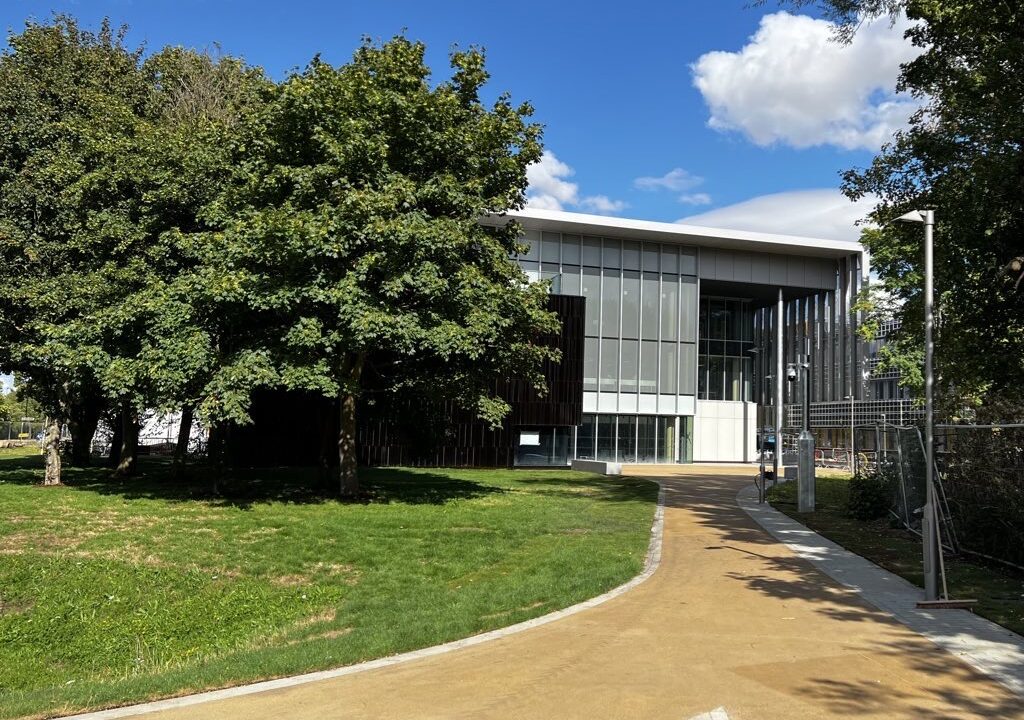Establishing Governance Arrangements for a University Start-up
With over £70m of government funding secured to date across three phases of delivery, ARU Peterborough is due to open its doors to students in September. Paul Bogle, ARU Secretary & Clerk, shares his thoughts on setting up governance arrangements for an innovative partnership based, university start-up venture.


It’s not every day that you get the chance to be involved in setting up governance arrangements for a new university. There are no operating manuals or a pre-existing set of templates to follow. The Office for Students regulatory framework is clear about the requirements for new higher education providers in terms of initial conditions of registration but does not specify a particular model of governance that must be adopted.
Models of governance
ARU Peterborough has been established as a wholly owned subsidiary company within our University group structure recognising that for the next 3 years until independent registration is achieved its students will be ARU students and our Vice Chancellor will be the accountable officer. However, there are other models of governance available when considering similar ventures including the option of establishing a free standing Charitable Incorporated Organisation or a company limited by shares.
Agreeing the outline governance arrangements with the other collaborative partners during the negotiation stages of the procurement process made it easier for our University Board of Governors to give their support to the project. In turn, conversations with the OfS were reasonably straightforward as the long-term direction of travel for the project and key milestones along the way were already known.
Appointing Governors
Having registered the company and appointed an initial set of Directors to a shadow Board the next key task was to recruit a full set of Governors. An extensive process of advertising and interviewing followed with criteria set around diversity of membership; needing governors with experience of start-ups; expertise in HE; and a strong commitment to the values of widening participation. We were also mindful that we should be appointing some governors from the local area given how important the project is for the economic regeneration of Peterborough.
Terms of Reference
One of the most interesting aspects of establishing the governance arrangements has been trying to ensure that the Terms of Reference are fit for purpose. The standard template ToR states that the Board assumes full responsibility but does not work for a start-up venture where much of the initial responsibilities and accountabilities sit with the University. Ensuring that the newly appointed governors feel sufficiently engaged and responsible for the project from the outset has been a key consideration along with keeping members of the University’s Board both assured and informed. There are no easy solutions to this conundrum but keeping both sides regularly informed and involved appears to be a minimum requirement in terms of helping manage the complex stakeholder relationships needed for the project to be successful.
So where are we now? Twelve very engaged governors with diverse backgrounds and skills have been appointed to the University Company Board as representatives of ARU, the other collaborative partners, and independent members. Staff and student governors will be appointed in the autumn.
Independent Chair
We were delighted that Rob Behrens, the Parliamentary and Health Service Ombudsman and former Independent Adjudicator and Chief Executive of the OIA, was willing to serve as the independent Chair of the Peterborough Board with all of the experience and commitment to student outcomes in higher education that he brings to the project.
Meetings in person
The ARU Peterborough Board has now met three times including an away day which involved insightful training from Aaron Porter at Advance HE on becoming a University governor. Being able again, post Covid restrictions, to meet and arrange meetings in person has been a blessing when working with a number of new colleagues. We are all looking forward to being able to meet at the new building in September and seeing the project become real with our own eyes.
Related Blogs



